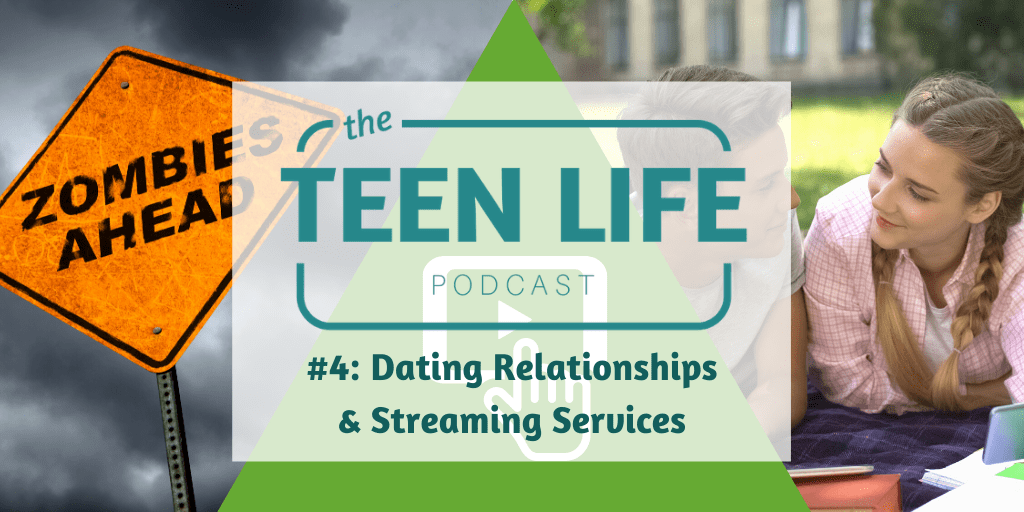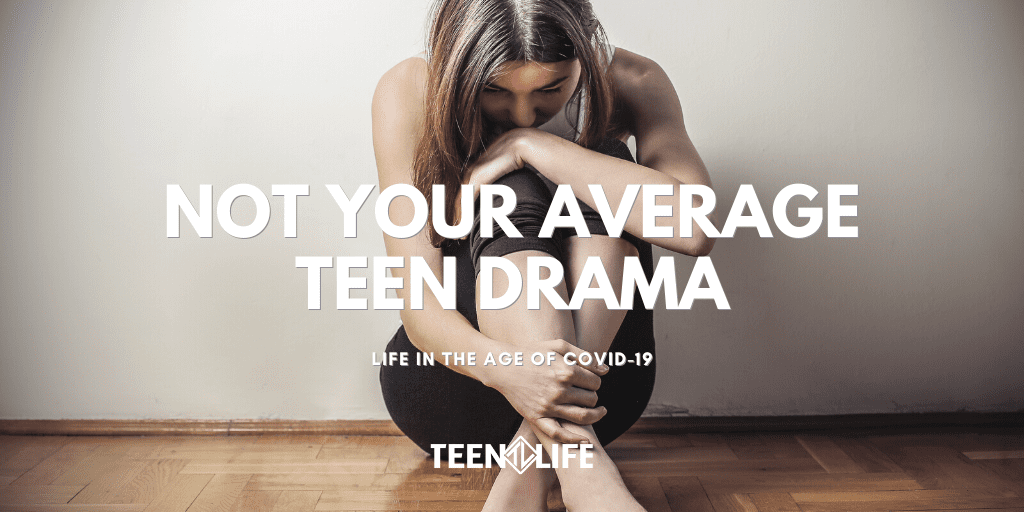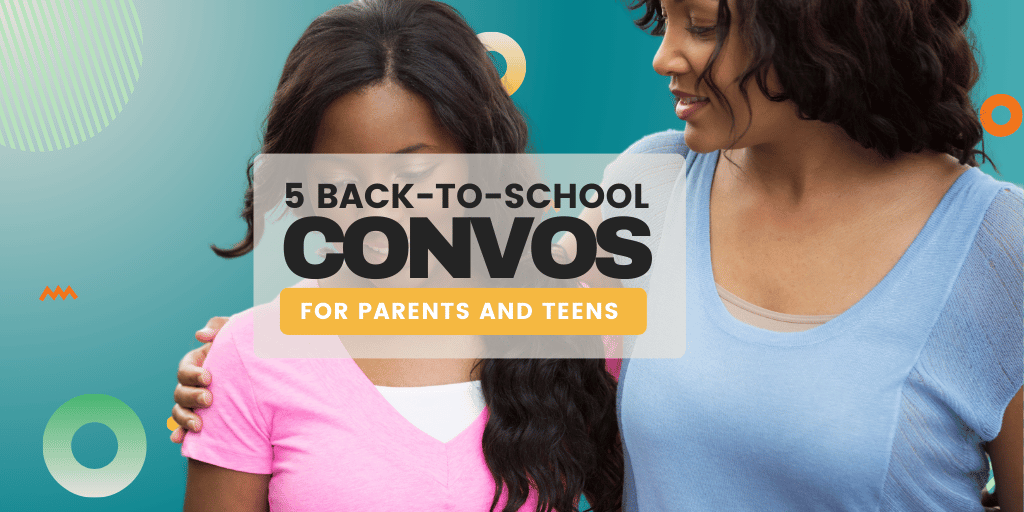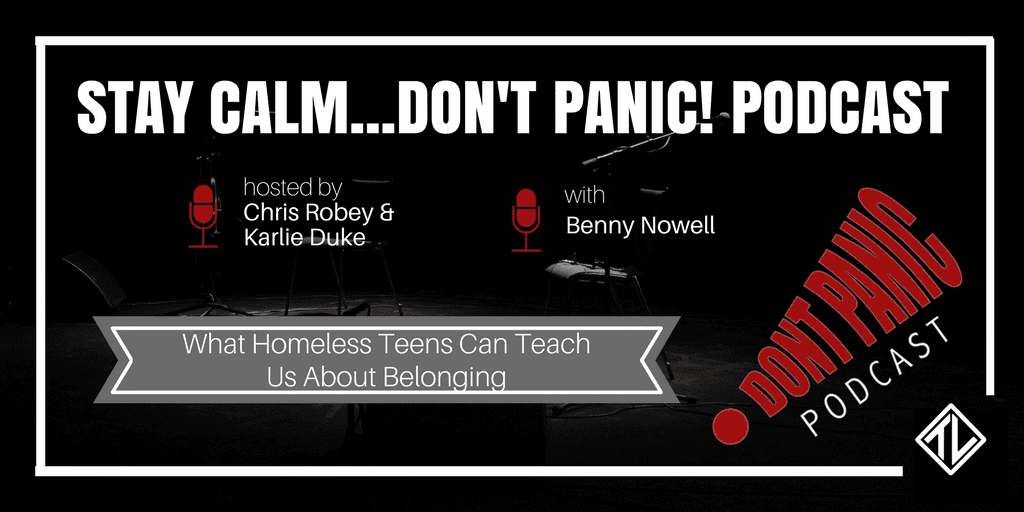
Ep. 4: Dating Relationships & Streaming Services
Podcast: Play in new window | Download
Dating relationships for teenagers today are very different than they were for millennials and Gen Xers.
On episode 4 of the Teen Life Podcast, Chris and Karlie talk current teen dating lingo and habits, so you can know what to talk about and when to ask questions. Also, get ideas for what to watch as a family and what to look out for on popular streaming services. You won’t want to miss this week’s tip on how to start conversations with your teen about race.
In this episode, we mentioned the following resources:
- Teen Life Summit: www.teenlife.ngo/summit
- Center for Disease Control (CDC): Sexual Activity and Contraceptive Use Among Teenagers in the United States, 2011–2015
- YouTube: I Tried To Kiss My Bestfriend TikTok Challenge Compilation
- VeryWellFamily.com: Teen Dating Slang Dictionary
- Wikipedia: TV Parental Guidelines
- Common Sense Media: www.commonsensemedia.org
- Podcast Music: Luke Cabrera
Teen terms to note:
- Ghosting: To suddenly stop communicating with a person (without explanation)
- Zombieing: To randomly text or call after ghosting someone
- Talking: To be interested in each other, but not officially dating
- Sexting: To exchange texts and usually photos of a sexual nature
- Hooking Up: Used for anything from kissing to sex
- Netflix & Chill: Used as a front for inviting someone over to make out (or maybe more)
- DTR: Define the Relationship
Movies to watch together that discuss race or diversify your content:
- Remember the Titans (Disney+)
- Hidden Figures (Disney+)
- Hate U Give (rent on Amazon)
- Selma (Hulu)
- The Fighting Temptations (rent on Amazon)
- 42 (HBO Max)
- Just Mercy (HBO Max)
- Coming to America 2 (Amazon Prime Video)
- Akeelah and the Bee (rent on Amazon)
- Black Panther (Disney+)
- Guess Who (Amazon Prime Video)
- Are We There Yet? (HBO Max)
- Ruby Bridges (Disney+)
- An American Girl Story – Melody 1963: Love Has to Win (Amazon Prime Video)
- Moana (Disney+)
- Crazy Rich Asians (HBO Max)
- Mulan (cartoon) (Disney+)
- Mulan (live action) (Disney+)
- Big Hero 6 (Disney+)
- Wendy Wu Homecoming Warrior (Disney+)
Have a question?
If you have a question about something you heard or just want to give us some feedback, please leave us a comment below. We would love to hear from you!

Karlie Duke
Communications Director

Chris Robey
Former CEO
Karlie Duke | Director of Communications
Karlie has always had a heart for teenagers. Through her role at Teen Life, she loves to showcase the amazing stories coming out of Support Groups, but she is especially passionate about helping adults and teenagers find connection. Karlie has a BS in Communications with a minor in Family Studies from Abilene Christian University.
Chris Robey | Former CEO
Chris has spent most of his career empowering teenagers from all backgrounds. As the former leader of Teen Life, he is passionate about helping students make good choices while also giving adults the tools they need to communicate more effectively with teens. Chris is a graduate of Midwestern State University and holds a Master’s Degree in Family Life Education from Lubbock Christian University.
















